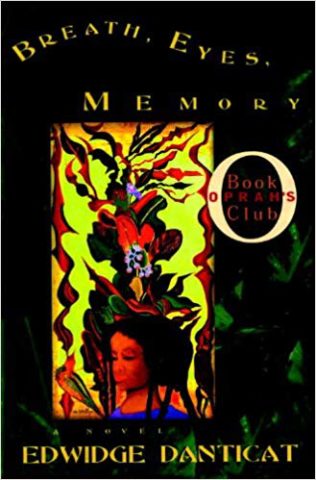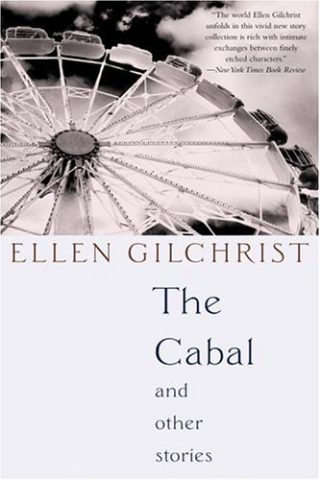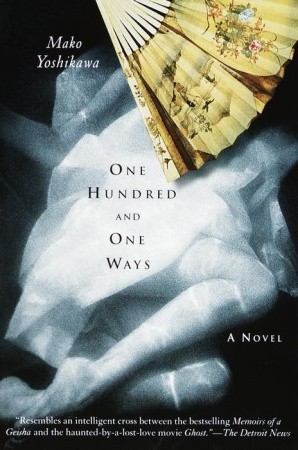Three reviews, three books, three women authors. Published in the New York Times Book Review in conjunction with the books’ original releases. In retrospect, I’m pleased to have brought early attention to Edwidge Danticat, who has gone on to become one of our most prominent and prolific Caribbean-American writers.
Breath, Eyes, Memory by Edwidge Danticat
 Edwidge Danticat’s slim yet densely packed first novel chronicles three generations of Haitian and Haitian-American women. Occasionally the matter-of-fact tone of the swift, simple prose in “Breath, Eyes, Memory” seems inappropriate for its subject matter — which includes rape and sexual abuse as well as third world political strife — but Ms. Danticat’s calm clarity of vision takes on the resonance of folk art. In the end, her book achieves an emotional complexity that lifts it out of the realm of the potboiler and into that of poetry. Set in both Haiti and New York, where the narrator is sent to join her immigrant mother, the tale is lovingly dominated by powerful female characters who struggle to make better lives for themselves and their families. However, Ms. Danticat also includes two veritable Prince Charmings who go underappreciated by these same women, further evidence of her inclination, even in highly charged scenes, to be fair rather than doctrinaire. Ms. Danticat (who was born in Haiti, raised there by an aunt and sent to join her parents in the United States at the age of 12) is extraordinarily ambitious in the number of psychological and intellectual themes she introduces in “Breath, Eyes, Memory.” She is also extraordinarily successful.
Edwidge Danticat’s slim yet densely packed first novel chronicles three generations of Haitian and Haitian-American women. Occasionally the matter-of-fact tone of the swift, simple prose in “Breath, Eyes, Memory” seems inappropriate for its subject matter — which includes rape and sexual abuse as well as third world political strife — but Ms. Danticat’s calm clarity of vision takes on the resonance of folk art. In the end, her book achieves an emotional complexity that lifts it out of the realm of the potboiler and into that of poetry. Set in both Haiti and New York, where the narrator is sent to join her immigrant mother, the tale is lovingly dominated by powerful female characters who struggle to make better lives for themselves and their families. However, Ms. Danticat also includes two veritable Prince Charmings who go underappreciated by these same women, further evidence of her inclination, even in highly charged scenes, to be fair rather than doctrinaire. Ms. Danticat (who was born in Haiti, raised there by an aunt and sent to join her parents in the United States at the age of 12) is extraordinarily ambitious in the number of psychological and intellectual themes she introduces in “Breath, Eyes, Memory.” She is also extraordinarily successful.
The Cabal, and Other Stories by Ellen Gilchrist
 The world Ellen Gilchrist unfolds in her vivid new story collection is rich with intimate exchanges between finely etched characters. The stories here — particularly the title novella — are convincingly chaotic. Characters’ lives and interests intersect and bump against one another in ways that are at once random and entirely natural. In ”The Cabal,” Jim Jaspers, a beloved psychiatrist to the elite of Jackson, Miss., becomes unhinged and begins spilling patients’ secrets. Few of these confidences prove to have been very well hidden to begin with, but his behavior proves enormously unsettling to the town. This material might make for a spare, lapidary story in another writer’s hands, but Gilchrist’s narrative spins off into detailed stories about the lives of Jaspers’s patients that are as absorbing as the doctor’s own tale. We meet and come to care about a punky undergraduate, a gay professor of literature and a recently dead theater doyenne, among others. Further details of some of these characters’ lives emerge in the five shorter pieces here. As ever, Gilchrist’s writing emanates love for the shaggy, uncontainable nature of life; she refuses to contain her characters in stories that offer any artificial sense of closure.
The world Ellen Gilchrist unfolds in her vivid new story collection is rich with intimate exchanges between finely etched characters. The stories here — particularly the title novella — are convincingly chaotic. Characters’ lives and interests intersect and bump against one another in ways that are at once random and entirely natural. In ”The Cabal,” Jim Jaspers, a beloved psychiatrist to the elite of Jackson, Miss., becomes unhinged and begins spilling patients’ secrets. Few of these confidences prove to have been very well hidden to begin with, but his behavior proves enormously unsettling to the town. This material might make for a spare, lapidary story in another writer’s hands, but Gilchrist’s narrative spins off into detailed stories about the lives of Jaspers’s patients that are as absorbing as the doctor’s own tale. We meet and come to care about a punky undergraduate, a gay professor of literature and a recently dead theater doyenne, among others. Further details of some of these characters’ lives emerge in the five shorter pieces here. As ever, Gilchrist’s writing emanates love for the shaggy, uncontainable nature of life; she refuses to contain her characters in stories that offer any artificial sense of closure.
One Hundred and One Ways by Mako Yoshikawa
 The title of Mako Yoshikawa’s first novel refers to the rumored sexual skills of Asian women, but the book itself, which blends a multigenerational saga with a neurotic contemporary romance, focuses on love. Yoshikawa’s narrator, Kiki Takehashi, is a graduate student who lives in Manhattan and who is mourning the death of a friend while starting a new love affair. Her Japanese immigrant mother, Akiko, has never recovered after being abandoned by her husband. Kiki’s widowed grandmother, Yukiko, is a 74-year-old former geisha who still lives in Japan. Kiki has never met her grandmother but conducts an imaginary colloquy with her throughout the book in anticipation of Yukiko’s impending visit. While Yoshikawa’s portrayal of Yukiko’s traditional Japan is expert, the author is at her strongest in the book’s contemporary sequences, which capture Kiki’s obsessive grief over her dead friend Phillip. His apparitional visitations drive her to reckless sex, binge eating and desperately conjured conversations with her grandmother. When the long-awaited meeting with Yukiko is abruptly called off, the book’s narrative tension is irrecoverably deflated. Until then, though, there are many pleasures in Yoshikawa’s glistening prose and fresh symbolism — Kiki burns off the fingerprints on her left hand on a stove, and a suitor woos Akiko with gifts of fresh produce, including ”a Valentine of blooming radishes.”
The title of Mako Yoshikawa’s first novel refers to the rumored sexual skills of Asian women, but the book itself, which blends a multigenerational saga with a neurotic contemporary romance, focuses on love. Yoshikawa’s narrator, Kiki Takehashi, is a graduate student who lives in Manhattan and who is mourning the death of a friend while starting a new love affair. Her Japanese immigrant mother, Akiko, has never recovered after being abandoned by her husband. Kiki’s widowed grandmother, Yukiko, is a 74-year-old former geisha who still lives in Japan. Kiki has never met her grandmother but conducts an imaginary colloquy with her throughout the book in anticipation of Yukiko’s impending visit. While Yoshikawa’s portrayal of Yukiko’s traditional Japan is expert, the author is at her strongest in the book’s contemporary sequences, which capture Kiki’s obsessive grief over her dead friend Phillip. His apparitional visitations drive her to reckless sex, binge eating and desperately conjured conversations with her grandmother. When the long-awaited meeting with Yukiko is abruptly called off, the book’s narrative tension is irrecoverably deflated. Until then, though, there are many pleasures in Yoshikawa’s glistening prose and fresh symbolism — Kiki burns off the fingerprints on her left hand on a stove, and a suitor woos Akiko with gifts of fresh produce, including ”a Valentine of blooming radishes.”
